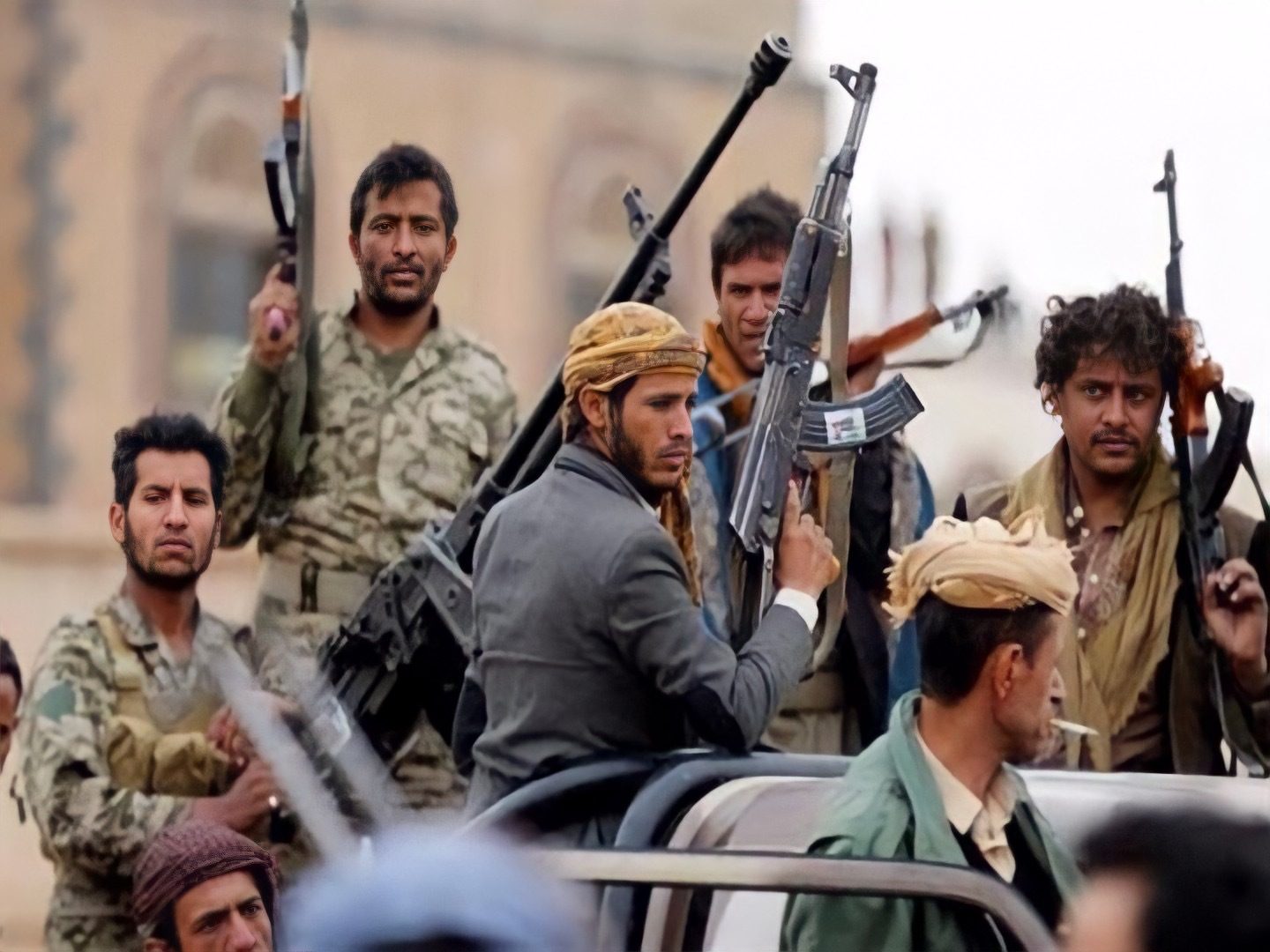In 2014, Houthi rebels overran all government institutions in Sanaa and gained control of the city, forcing the internationally-recognised government to flee to Aden.
Yemen’s Houthi rebel movement said it is prepared to participate in negotiations in Qatar to resolve the six-year conflict with the Saudi-led coalition.
In a tweet, the head of the Houthi supreme revolutionary committee Mohamed Ali Al-Houthi said the the group would engage in talks only if the “countries that started the aggression respond positively” to the message Sultan of Oman Haitham bin Tariq.
“I do not think that we have any objections to holding talks in Qatar to complete the settlement, if the leadership of these countries agree with this,” Al-Houthi tweeted on Tuesday.
اذا ردت دول العدوان بردود ايجابية
على رد قائد الثورة على رسالة السلطان المعظمفلا اعتقد ان هناك ما يمنع من الجلوس لاستكمال الحوار في دولة قطر لدينا
اذا احبت قيادة دول العدوان ذلك— محمد علي الحوثي (@Moh_Alhouthi) June 15, 2021
Oman has been backing UN-led efforts to put an end to the ongoing war in Yemen.
Last week, a delegation from Muscat visited Sanaa where it held meetings with the leader of the Houthi group, Abdulmalik al-Houthi, as well as Saudi officials, in hopes of getting both parties to reach a ceasefire.
Outgoing UN Yemen mediator Martin Griffiths told the Security Council on Tuesday that the parties “have yet to overcome their differences”.
“I hope very, very much indeed … that the efforts undertaken by the Sultanate of Oman, as well as others, but the Sultanate of Oman in particular, following my visits to Sanaa and Riyadh, will bear fruit,” Griffiths told the 15-member council during his last briefing.
Griffiths, who is heading to Riyadh on Wednesday, added that the outcome of the visit has not yet been determined yet.
“I’m going to be in Riyadh tomorrow [Wednesday], where I believe we will hear more from the Omanis themselves.”
“Yemeni men, women and children are suffering every day because people with power have missed the opportunities presented to them to make the necessary concessions to end the war,” Griffiths added.
Saudi peace initiative
In March, Saudi Arabia announced a peace initiative to end the years-long war in Yemen.
During the announcement, Saudi Arabia’s Foreign Minister Prince Faisal bin Farhan Al Saud said that the initiative will start with a “nationwide ceasefire” under the supervision of the UN.
Qatar welcomed the neighbouring state’s initiative shortly after its announcement in an official statement.
The Qatari foreign ministry expressed Doha’s “aspiration” for a “comprehensive” political resolution that would unite all Yemeni parties to ensure security, stability and prosperity in the war-torn country.
Read also: UAE ‘trespassed’ Yemeni sea borders to transport military tools: Al Jazeera
The Saudi foreign minister said that the proposal will be implemented once all Yemeni sides approve, adding that “it is up to the Houthis now” to proceed with the initiative.
“We affirm the continued support for the Yemeni people and support all peace efforts in Yemen,” said the Saudi diplomat at a press conference.
Could Saudi Arabia finally be ready to end its war in Yemen?
Despite the initiative, violence has continued on all sides.
Ongoing conflict
In 2014, the Houthis overran all government institutions in Sanaa and gained control of the city, forcing the internationally-recognised government to flee to Aden.
The conflict was exacerbated in 2015 after a Saudi Arabia-led military coalition intervened to reinstate the government of Abedrabbo Mansour Hadi.
However, six years on, at least 233,000 Yemenis have been killed, among them 131,000 who died as a result of malnutrition, lack of healthcare and medicine.
It is estimated that more than 16 million people will go hungry this year due to the dire conditions that have been imposed on the country due to the ongoing war.
It is also estimated that 400,000 Yemeni children below the age of five could die from acute malnutrition.
“Any ceasefire, any peace plan that includes lifting all restrictions against humanitarian efforts and ensures access for aid workers to reach civilians anywhere in Yemen, will benefit Yemenis,” Afrah Nasser, Yemen Researcher at Human Rights Watch [HRW] told Doha News in March.
Follow Doha News on Twitter, Instagram, Facebook and Youtube







